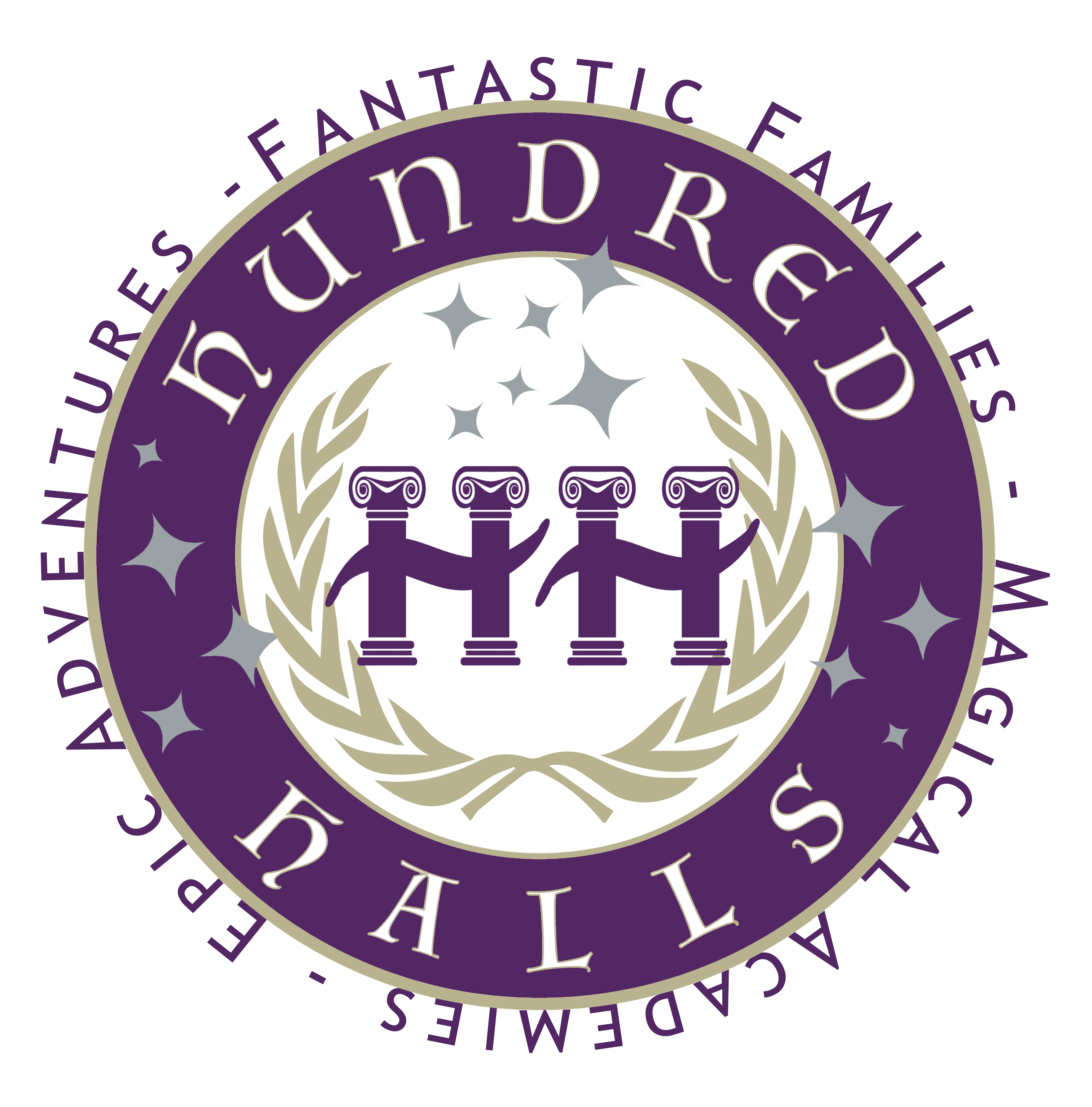Failure can often be a predictor of future success. It’s known that a bank is more willing to give a loan to a business person that has previously failed with another business than one right out of the gate (assuming similarly chanced business plans.) Thomas Edison was said to have failed at the light bulb around one-thousand times before getting it right. Even then, it was only a version good enough to sell for the time.
Writers typically have a harder time with failure. Getting those first few rejection slips from a magazine or publishing house will often doom a new writer to hanging up the keyboard.
In any business we must accept that we have much to learn. Failure is the only real way to understand how something works. In the inverse, early success can often be a worse result, because it may have had more to do with luck and give a person the wrong impression on what it takes to succeed. Just ask any former high school quarterback.
So by failing we can gauge the boundaries of our abilities and find new ways to stretch. For writing, there are a few common benchmarks that writers use to tell how they are progressing.
The first is word count. It was said by John D. MacDonald that you had to write a million words before you were capable of putting out good stories. Depending on if I count the non-fiction articles, blog posts and other writing I did when I was younger I could either be approaching one million or well past into the 1.5 million count. Either way, I’m not stopping or slowing down. My goal for the year was 200,000 words and I’m well past. Next year I’ll easily hit the 250,000 word in one year mark.
The next commonly discussed marker is the Race Score which was coined by Dean Wesley Smith. Basically, you get one point for every short story being considered at a magazine, three points for novel proposals and eight points for a full novel. Typically professional writers operate above the fifty point area and some long term ones are well above one-hundred. This may sound like a huge number but when you consider how long submission process might take (one sub of mine has been at a particular publisher for ten months, a normal turn around time for that particular one) it’s not so bad.
Currently I have eleven shorts and three novels out making the rounds. This gives me a race score of thirty-five. I’m very proud of that score as I was only a four or five just a year ago. It helped that I had an earlier novel that I didn’t know how to sell ready to go. Once I understood the mechanics of the submission process I was able to get it in shape to send out. The rest has happened from straight nose-to-the-grindstone work. Sometime next year I’m planning on passing the fifty point number, assuming I don’t sell something, which would be a find reason not to meet that goal.
The last is the rejection count. Long term professional writers like to make a point of pride about how many rejections they’ve received over the years. The early number to shoot for is one hundred rejections. Professionals like Dean Wesley Smith have gotten over one hundred rejections from a single magazine, let alone the whole industry. Right now I’m around eighty rejections for both novels and shorts and expect to pass one hundred early next year and once again, I’d be happy with a sale to screw up my math.
There may be other benchmarks to go by. My writer friend Annie Bellet has argued for counting the number of ePub products we have on the market. As the marketplace is changing rapidly, this may end up being a good way to judge future success. Though in all of this, quality of work must always be there no matter now how many words or rejections we have. I can write the word “apple” one million times and that won’t make me a good writer.
So the writer’s benchmark breaks down into 1,000,000 / 100 / 50. Mind you, this is just the general requirements for breaking into the industry. Staying in is another level up that I’ll have to learn as I go and I don’t suspect it gets any easier, but I’m willing to study and work hard and keep at it. Success is where preparation meets opportunity and I’m trying to be prepared as possible.


[…] This post was mentioned on Twitter by Gary Hayes, Alexis Verschueren. Alexis Verschueren said: #AR The Practice of Failure http://bit.ly/ayRpos […]